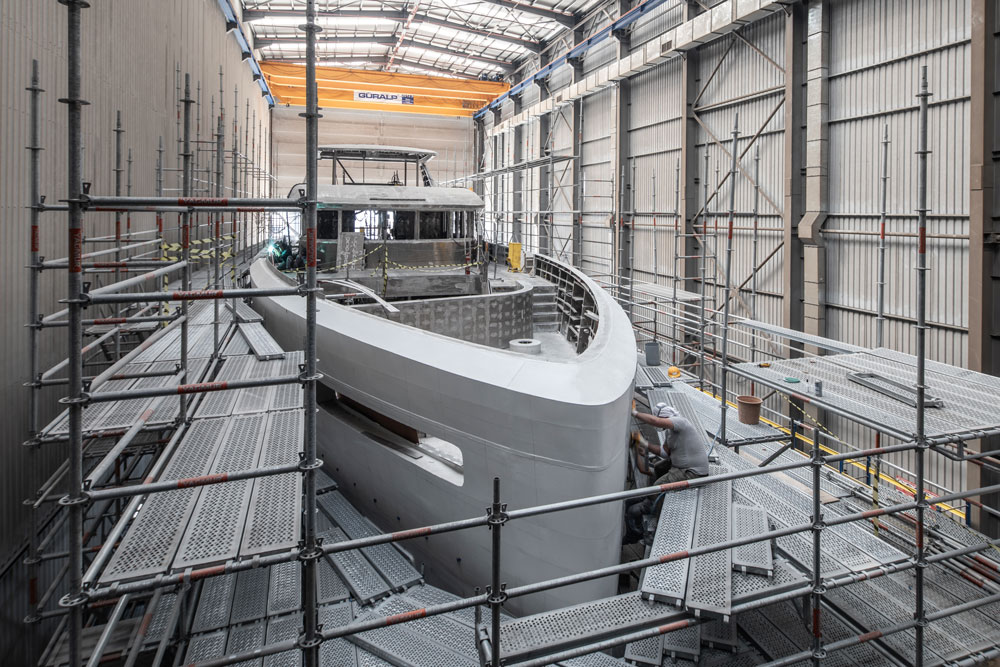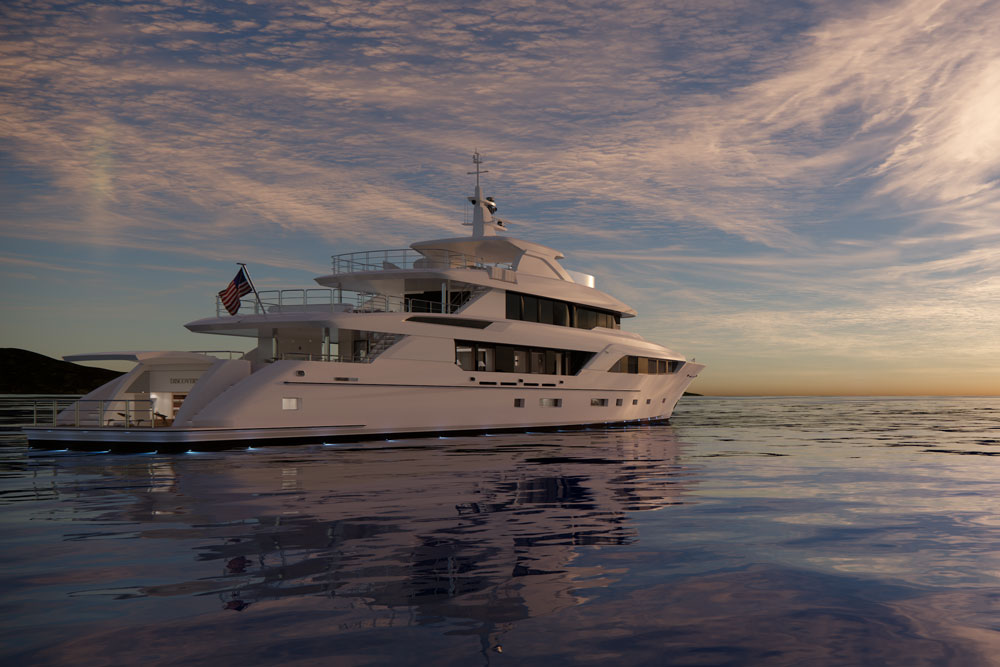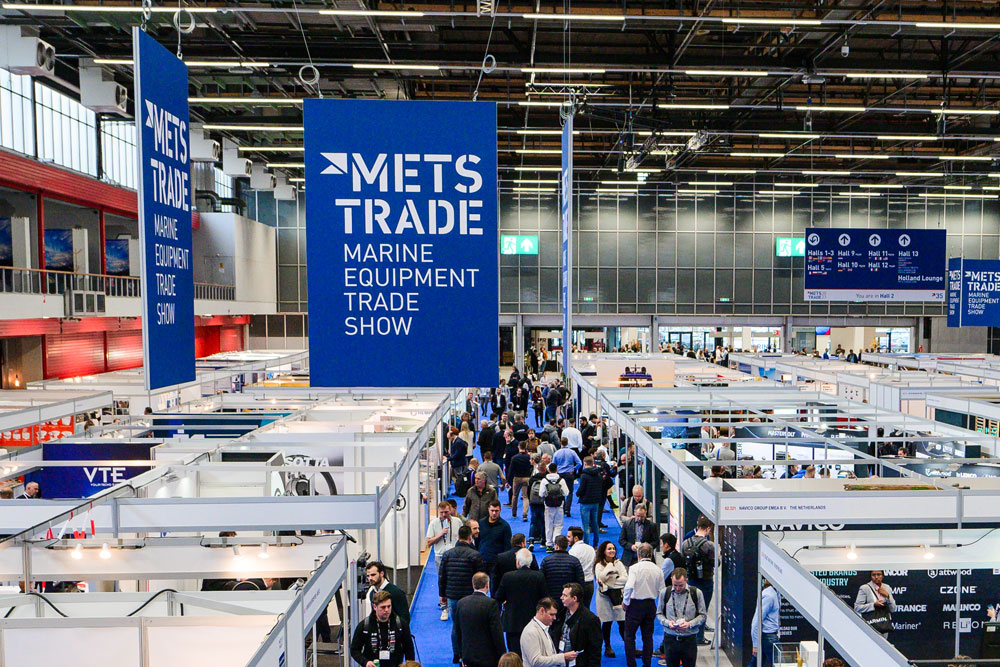Classification society Lloyd’s Register says biofuels are emerging as one of the most proven and reliable alternative fuel options for reducing greenhouse gas emissions from shipping.
Lloyd’s Register (LR) has released the latest edition of its award-winning Fuel for Thought series, highlighting the role of biofuels in the superyacht sector’s energy transition.
Fuel for Thought: Biofuels for Yachts, launched during the Monaco Yacht Show, positions hydrotreated vegetable oil (HVO) as a practical, drop-in alternative to conventional marine fuels.
With mounting pressure to reduce greenhouse gas (GHG) emissions, particulate matter and sulphur oxides, HVO is emerging as a leading drop-in solution, according to LR. It delivers significant environmental benefits without compromising performance or requiring major technical modifications, making it an attractive alternative for yacht owners, captains and management companies.
This edition of Fuel for Thought explores the opportunities and limitations of biofuels for use in yachting. It provides practical guidance on safety, toxicity, bunkering logistics, fuel quality and regulatory frameworks. The report also examines lifecycle emissions, market demand, economic factors and the supply chain, alongside insights into engine compatibility and NOx emissions.
Biofuels as a practical near-term step
The analysis shows that biofuels share similarities with fossil fuels, enabling the use of established industry practices for petroleum distillates. HVO, produced through hydrotreatment, can directly replace marine gas oil, offering improved stability and combustion. Its drop-in capabilities allow ships to cut carbon emissions cost-effectively, even if they cannot be fully retrofitted for fuels such as methanol or ammonia.
The report also confirms that safety requirements for transporting, handling and bunkering liquid biofuels are generally similar to those for fossil-derived fuels.
While the report underlines the role of biofuels as a practical near-term step, it stresses that they are not a complete solution. A broader strategy, including energy efficiency, sustainable design and alternative propulsion technologies, will be vital for long-term progress.
LR’s specialist services, including its new Biofuel Advisory service, help shipowners, fuel suppliers and producers adopt biofuels safely and at scale. The service is designed to remove uncertainty by providing end-to-end support across the biofuel supply chain, from production and certification through to delivery and onboard use. Additionally, LR’s Fuel Oil Bunker Analysis Service (FOBAS) supports customers with bespoke testing programmes to guarantee fuel quality and trouble-free operations.
Engel de Boer, Global Yacht Segment Manager at LR, said: “The challenge is not whether the yachting industry will decarbonise, it’s how quickly it can. Unlike past transitions driven by technological innovation or commercial advantage, today’s energy shift is propelled by environmental urgency, regulatory mandates and rising social expectations.
“By providing evidence-based insight and clear advice, LR is committed to guiding the yachting industry safely and sustainably through this energy transition.”














